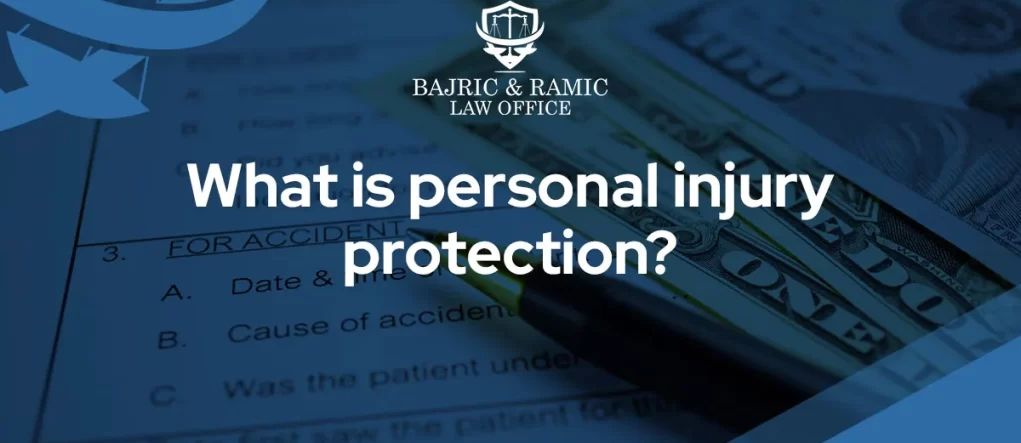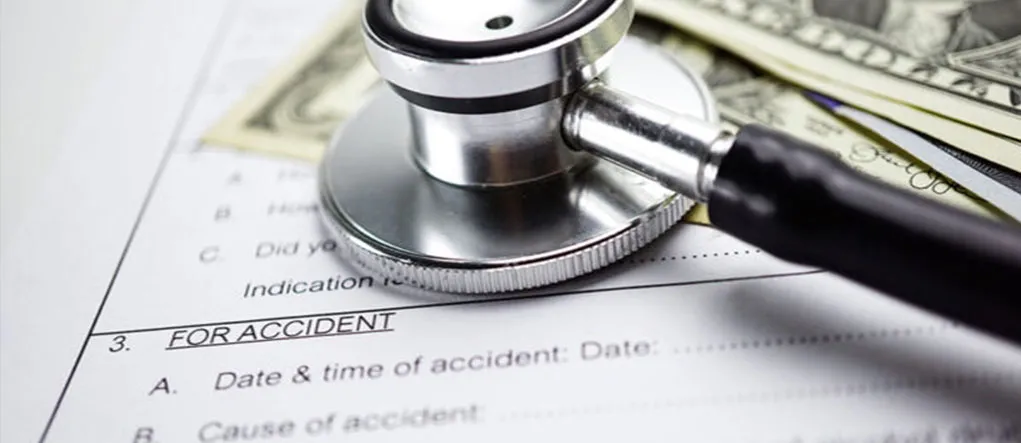What is personal injury protection?

Personal injury protection, commonly referred to as PIP, is a type of car insurance coverage that provides medical and related expenses coverage for the driver and passengers in the event of an accident, regardless of who was at fault. In this blog, we’ll discuss PIP in detail, including what it covers, how it works, and whether or not you need it.
What is Personal Injury Protection?
Personal injury protection is a type of car insurance that is designed to cover medical expenses, lost wages, and other related expenses that may arise as a result of an car accident. PIP is a no-fault insurance coverage, which means that it will pay out regardless of who caused the accident. It is also known as “first-party benefits” coverage, as it is paid by the insurer of the driver who is injured.
What Does Personal Injury Protection Cover?
Personal injury protection covers a range of medical and related expenses that may arise from an accident, including:
- Medical expenses: PIP will cover the cost of medical treatment, hospitalization, and other related expenses for the driver and passengers.
- Lost wages: If the driver or passengers are unable to work due to their injuries, PIP will provide coverage for lost wages.
- Rehabilitation expenses: PIP may cover the cost of rehabilitation services, such as physical therapy, occupational therapy, and speech therapy.
- Funeral expenses: If the accident results in a fatality, PIP may cover the cost of funeral expenses.
How Does Personal Injury Protection Work?
If you are injured in an automobile accident and have PIP coverage, you can file a claim with your insurance company. Your insurer will then pay for the medical and related expenses covered under your PIP policy. Up to the limits of your coverage. In some states, PIP coverage may be mandatory, while in others it is optional.
Do I Need Personal Injury Protection?
Whether or not you need personal injury protection depends on the state in which you live. Some states require drivers to carry PIP coverage, while others do not. Even if your state does not require PIP coverage, it may still be a good idea to carry it. Especially if you do not have health insurance or disability insurance.
PIP coverage can provide a safety net in the event of an accident. And can help you avoid costly medical bills and lost wages.

Personal injury protection is an important type of car insurance coverage that provides medical and related expenses coverage. For the driver and passengers in the event of an accident.
Whether or not you need PIP coverage depends on the state in which you live. But it can provide a safety net in the event of an accident. And can help you avoid costly medical bills and lost wages.
How Much Personal Injury Protection Coverage Should I Have?
If you live in a state that requires PIP coverage, you will have a minimum amount of coverage that you must carry. However, if you live in a state where PIP coverage is optional. It is important to carefully consider how much coverage you should have.
The amount of PIP coverage you should have depends on a number of factors. Including your health insurance coverage, your disability insurance coverage, and your risk tolerance.
If you do not have health insurance or disability insurance. You may want to consider carrying a higher amount of PIP coverage To ensure that you are protected in the event of an accident.
What Are the Benefits of Personal Injury Protection?
There are a number of benefits to having personal injury protection coverage, including:
- No-fault coverage: PIP coverage is a no-fault coverage, which means that it will pay out regardless of who caused the accident. This can be particularly beneficial if you are injured in an accident caused by another driver who is uninsured or underinsured.
- Immediate coverage: PIP coverage is designed to provide immediate coverage for medical and related expenses in the event of an accident. This can be particularly important if you do not have health insurance or disability insurance, as it can help you avoid costly medical bills and lost wages.
- Flexible coverage: PIP coverage can be tailored to meet your specific needs and can be used to cover a range of medical and related expenses.
What Are the Drawbacks of Personal Injury Protection?
While there are many benefits to having personal injury protection coverage, there are also some drawbacks to consider, including:
- Cost: Personal injury protection coverage can be expensive, especially if you carry a high amount of coverage. This can be particularly challenging if you are on a tight budget.
- Limited coverage: Personal injury protection coverage is designed to cover medical and related expenses, but it may not cover all of your expenses in the event of an accident. For example, it may not cover the cost of repairing or replacing your vehicle.
Personal injury protection is an important type of car insurance coverage that can provide a safety net in the event of an accident. Whether or not you need PIP coverage depends on the state in which you live and your individual circumstances.
If you do decide to carry PIP coverage, it is important to carefully consider how much coverage you need. And to weigh the benefits and drawbacks of this type of coverage.
Does homeowners insurance cover injuries sustained by the homeowner? The answer is, it depends. Find HERE .
Schedule Your Consultation Today
Fields marked with an * are required
"*" indicates required fields


